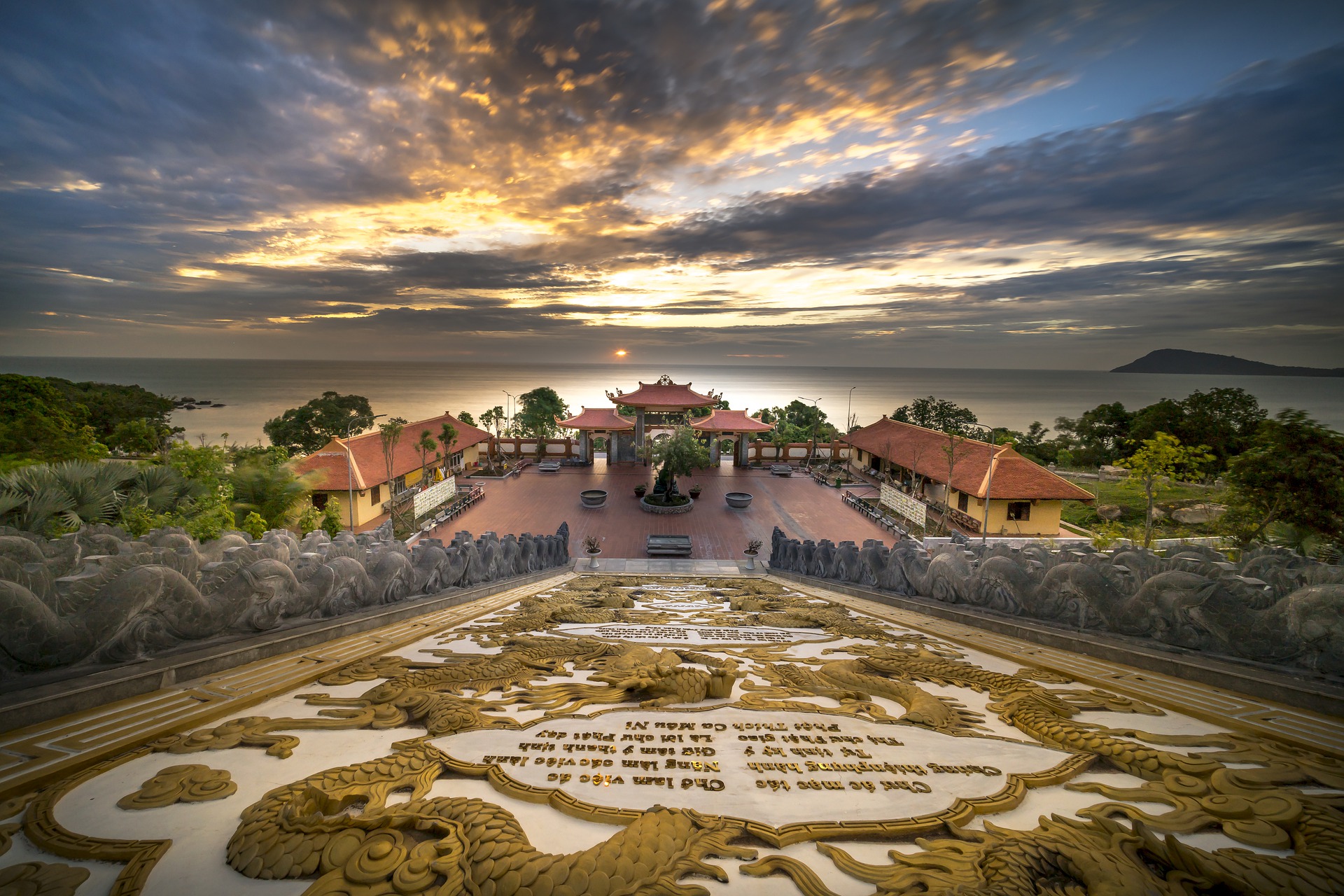China in Transition, Part 2: They Have the Muscle, Power, and Political Determination
Editor’s note: Yang Mingdao is the collective pseudonym for Chinese voices within China Partnership. This series is from a talk given by a Chinese theological teacher and trainer at a recent gathering of those interested in China. It has been edited from transcriptions of the original talk. Make sure you check back for the whole series! The first post can be found at this link and the final can be found here.
Over the past year we have seen further concentration of power by Xi JinPing. One could say he controls almost everything. Even before the big [Communist Party] convention, people had begun to make that observation. Several days into the convention, newspapers began reporting that “Emperor Xi” had been coronated. During the convention, his name was written into the bylaws of the Communist Party. Xi advocates a “New Era,” or age, for China. The first stage of the new China began when “China stood up” [and the Communist Party came to power] in 1949. The second stage was in full swing around 2008, as China was getting rich. Now, in this era, China is a strong country and a strong superpower. China wants to be the strongest superpower in the world, and is aiming for this. The New Era is now part of Communist Party bylaws.
Politically, Xi has further concentrated his power. The Communist Party of China has also elected a new leadership group of seven men. This group governs all of China and functions like an emperor, perched on top of the governing structure. Out of the seven top leaders, five are new members, and they will govern China for the next five years. The outcome of this election was better than expected [for Christians and liberals]. Before the convention began, many people thought, “Xi is going to be the new emperor. All the people in this top leadership group will be his subordinates, and going forward he will be the governing emperor.” This is why you hear a lot of people talk about “Emperor Xi” now. But the outcome of the election was comforting for a lot of people. Out of the newly elected five, two are quite liberal, and one is fairly neutral.
On one hand, things are tightly controlled by Xi - he has consolidated power, and has been formally acknowledged by all Party members. Now he is the leader, the emperor. On the other hand, at the same time, there are more liberal voices that will impact what is going to happen in the next year or two. We do not know what will happen. But the outcome of the leadership team election is better than initially expected.
Also ongoing is the central government’s overpowering of provincial-level governments. When a new government comes to power in China, the emergence of a new leader in the central government goes with it, such as Xi Jinping or Jiang Zemin or Hu Jintao. This leads to a power struggle between the central government and the provincial, or local, powers. With every central government transition, top leadership at the local level is torn down. In the past five years, Xi has consolidated power, and the central government has overpowered provincial governments.
There is strong ideological control over the media by Xi. Internet access to the outside world is almost shut down. Previously, when I visited China, I could access Google or WhatsApp. Most of the time, 90% of email worked, or at the least I was able to read them, even if I had problems replying. But during my most recent trip, I had almost no access to Google, WhatsApp, or Messenger. Nothing worked. Right before I went to China, my son got sick. When I arrived in China, I could not communicate and did not know what happened to him for twenty-four hours, when my wife called me. The Internet was almost entirely shut down. The Chinese government has very tight control, and uses artificial intelligence to run their firewalls. The firewall is very high-powered, and is the best in the world. The government can trace your VPN in seconds and shut it down immediately. They have the muscle, they have the power, and now, with Xi in control, they have the political determination to control the media and the Internet.

